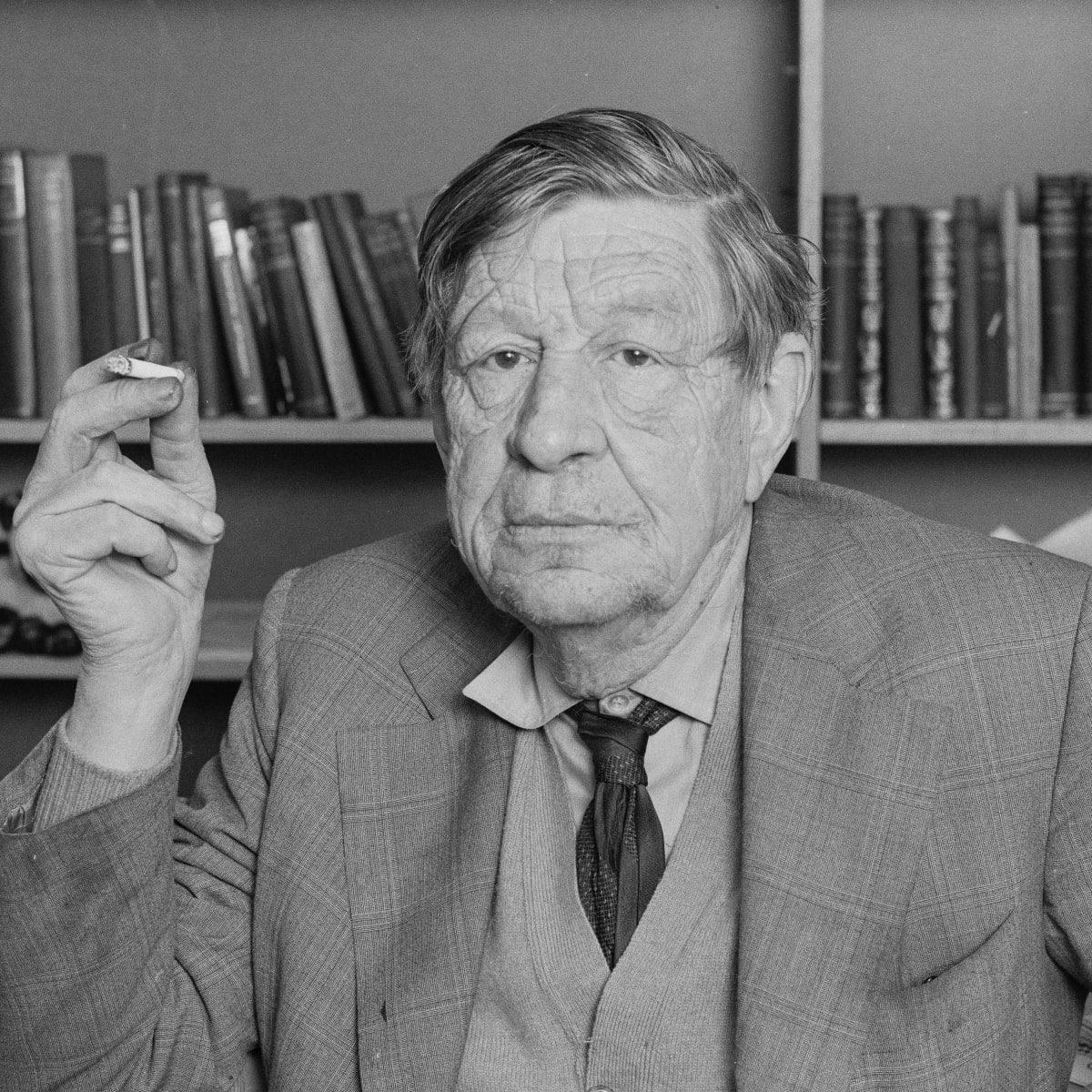Stop all the clocks, cut off the telephone,
Prevent the dog from barking with a juicy bone,
Silence the pianos and with muffled drum
Bring out the coffin, let the mourners come.
Let aeroplanes circle moaning overhead
Scribbling on the sky the message ‘He is Dead’.
Put crepe bows round the white necks of the public doves,
Let the traffic policemen wear black cotton gloves.
He was my North, my South, my East and West,
My working week and my Sunday rest,
My noon, my midnight, my talk, my song;
I thought that love would last forever: I was wrong.
The stars are not wanted now; put out every one,
Pack up the moon and dismantle the sun,
Pour away the ocean and sweep up the wood;
For nothing now can ever come to any good.
Published:
1938
Length:
Regular
Literary Movements:
Modernism
Anthology Years:
2020
Themes:
Death & Loss
Family
LGBTQ+ Experience
Love & Relationships
Literary Devices:
Alliteration
the repetition of the same letter or sound at the beginning of words appearing in succession
Asyndeton
the absence of a conjunction (for, and, nor, but, or, yet, so…) between phrases and within a sentence
Elegy
a meditation on death, often in thoughtful mourning lamentation
Hyperbole
exaggerated statements or claims not meant to be taken literally
Imperative
an instruction or a command
Personification
the attribution of human qualities to a non-human thing
Rhyme
correspondence of sound between words or the endings of words, especially when these are used at the ends of lines of poetry

